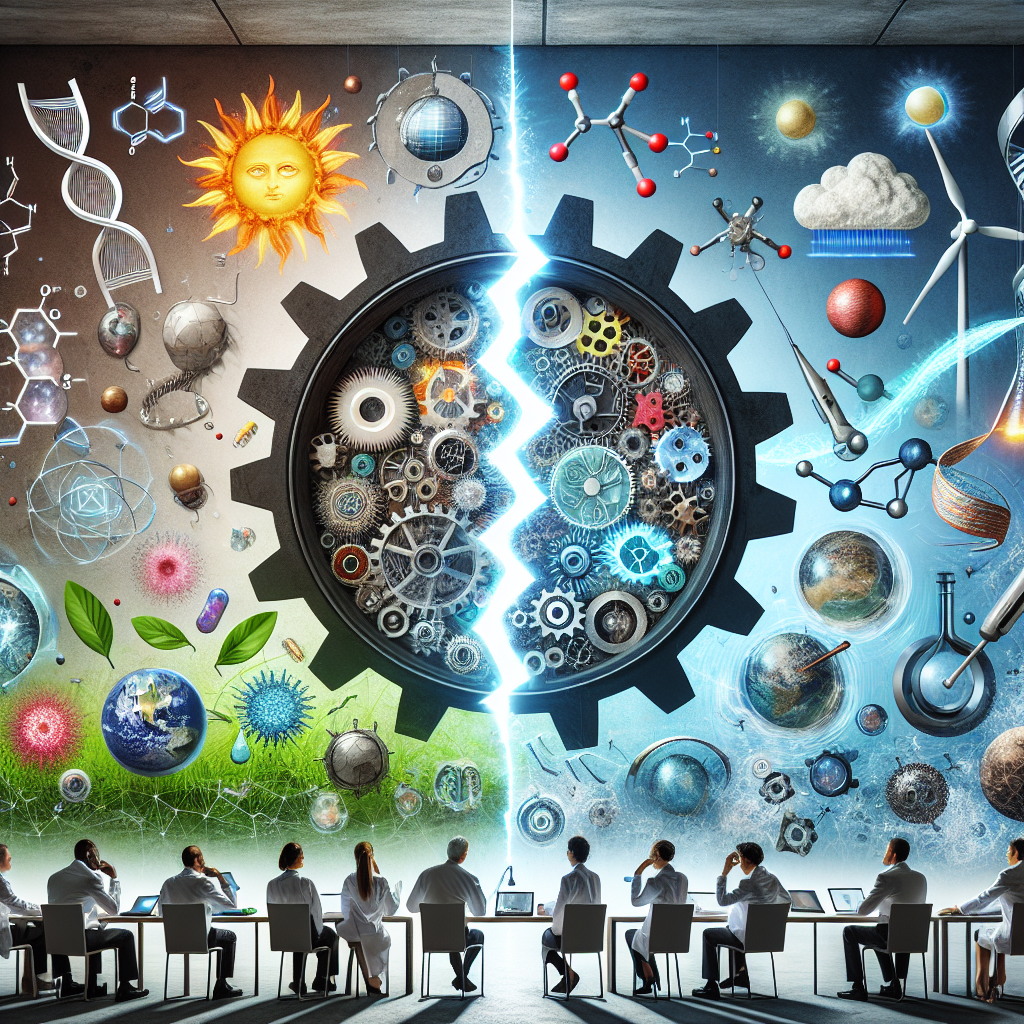The demand for renewable energy, particularly solar panels, is growing rapidly. However, the shift to sustainable technology solutions has led to an environmentally destructive mining boom and is itself carbon intensive. Despite the boom in renewables, global emissions continue to rise, setting a new record in 2023. This suggests that high tech alone cannot save the world from catastrophic climate change; only massive cuts in fossil fuels can do that, according to experts.
But addressing the climate change planetary boundary is not enough. Five other planetary boundaries are also in the danger zone, and solutions exist to reverse these negative environmental trends. However, for these solutions to be implemented, governments must shift trillions of dollars in “perverse subsidies” that support fossil fuels and harm the environment, to renewable energy.
Without real, drastic, and decisive action now, the sixth great mass extinction could become unstoppable, leading to the doom of modern life as we know it. However, there is another way forward: learning from Indigenous cultures. These cultures have shown a willingness and ability to integrate into the biosphere and turn away from greed and overconsumption.
In 2022, U.N. Secretary-General António Guterres declared that renewable energy could steer the world out of the climate crisis. However, this idea is increasingly being questioned, as the rapid transition to clean energy brings with it a host of new and old environmental problems. The production of solar, wind, and EVs requires a significant amount of minerals and materials, creating a major carbon footprint. The faster we transition to renewables, the higher the immediate environmental costs.
Despite the rapid growth of renewables, global emissions continue to rise, suggesting that renewables alone cannot solve the climate crisis. To truly address the issue, governments must shift subsidies from fossil fuels to renewable energy. Without decisive action, the sixth mass extinction could become unstoppable, but there is hope in learning from Indigenous cultures and their sustainable practices.

